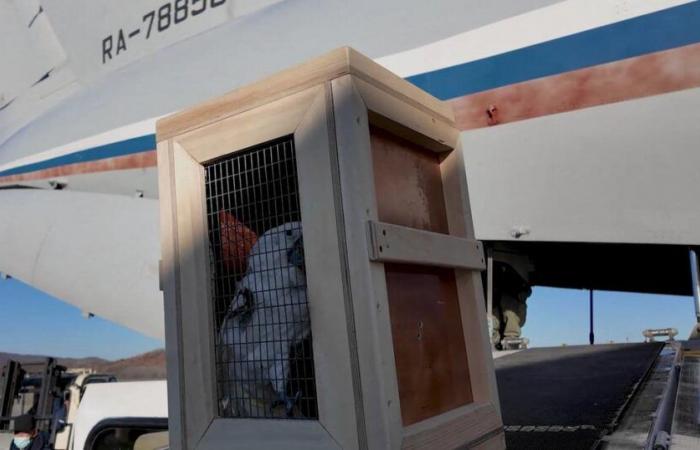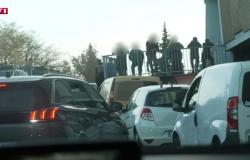“Two brown bears, two yaks, five white cockatoos, twenty-five pheasants and forty mandarin ducks”, lists The Moscow Times. On Wednesday, November 20, the Russian Ministry of Natural Resources and Environment announced the transfer of more than 70 animals from the Moscow zoo to that of Pyongyang, North Korea. Videos shared by state media, and relayed by the YouTube channel of the Times, also attest to the presence of an African lion.
Quoted by The Guardian, the Russian government speaks of this large-scale transfer as a “gift from Vladimir Putin to the Korean people”.
“Animals have long played an important role in interstate relations and are symbols of support, generosity and sympathy,” says Alexander Kozlov, Russian Minister of Natural Resources and the Environment, in the video of Times.
Animal diplomacy
In total, this is the fourth exchange of this type between Russia and North Korea since the start of the year. In April, the Moscow Zoo had already donated more than forty animals to Pyongyang. Among them are eagles, pythons, parrots and even fruit bats. More recently, in August, 24 Orlov trotters, “thoroughbred horses admired by North Korean leader Kim Jong-un for their characteristic white coat” were sent to North Korea. As recalled The Moscou Times, Western media – including Newsweek – then suggested that these horses had been used to pay for part of the artillery shells purchased by Russia from North Korea.
These exchanges take place in a context of diplomatic rapprochement between Moscow and Pyongyang. The two countries signed a mutual defense pact in June, including a clause obliging them to come to each other's aid in the event of an attack. Kim Jong-un also took advantage of this opportunity to offer Vladimir Putin two pungsan hunting dogs.
Another strong gesture of this political and military alliance which is being formed between the two leaders: the recent sending of 11,000 North Korean soldiers to Ukraine to fight alongside Russian troops.






